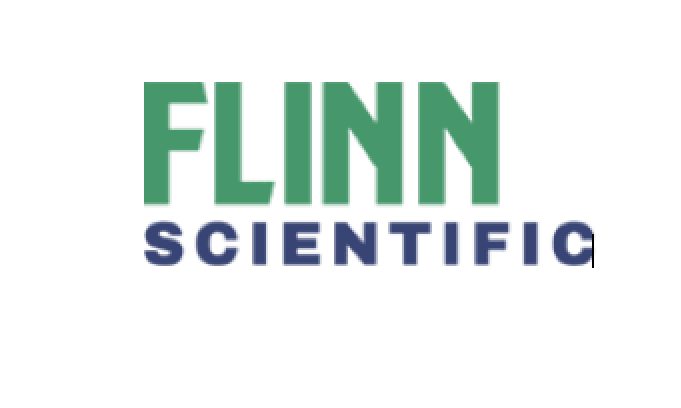The National Conference to Advance POGIL Practice (NCAPP)
Designed specifically for POGIL practitioners, NCAPP provides an engaging environment for participants to share ideas, challenges, and successes regarding the use of POGIL in their classrooms. The format includes a wide variety of participant-centered sessions where practitioners share their ideas for new POGIL activities, explore implementation strategies related to using the POGIL pedagogy, and work with others to design new activities or methods of implementation. All participants will gain insights into how to use POGIL to improve and enhance student learning.
The idea for this event grew from interest within our thriving community of experienced POGIL educators who had been applying their knowledge and skills in new and innovative ways. The goal of the inaugural NCAPP in 2017 was to create a conference where POGIL practitioners could share new ideas, get targeted feedback, engage in in-depth discussions, interact with a diverse community of teachers, and gain a deeper mastery of the POGIL approach.
By all measures, 2017 NCAPP was a huge success, and subsequent NCAPPs built on that success. We are excited for 2025, when we continue our tradition of transforming education and educators.
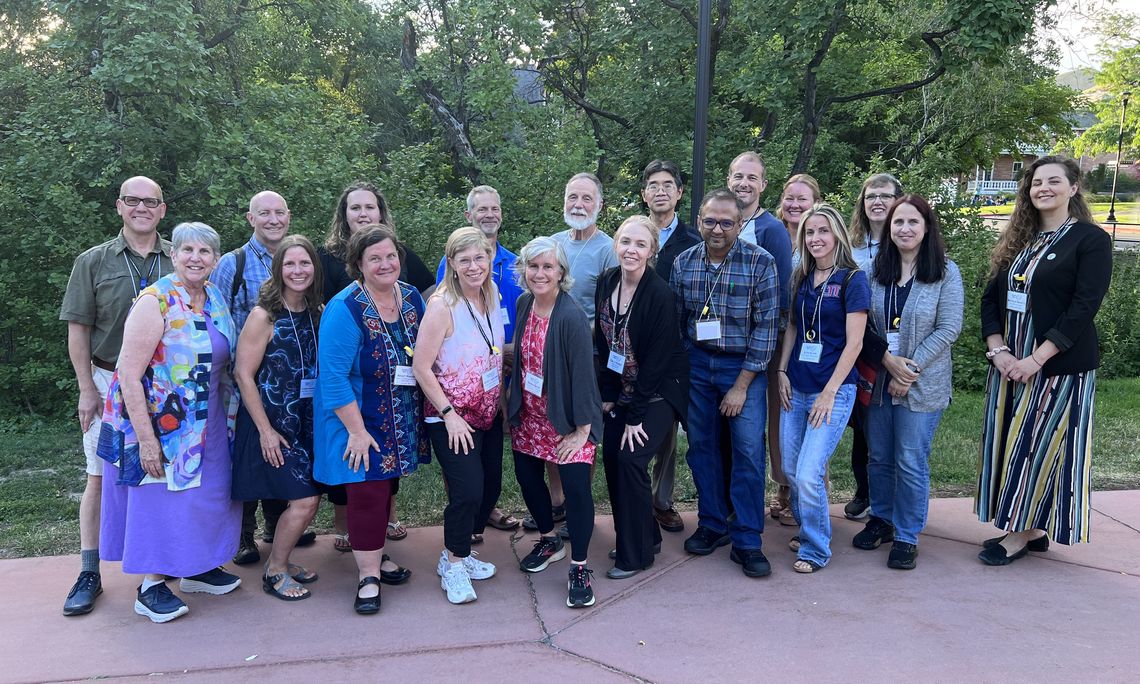
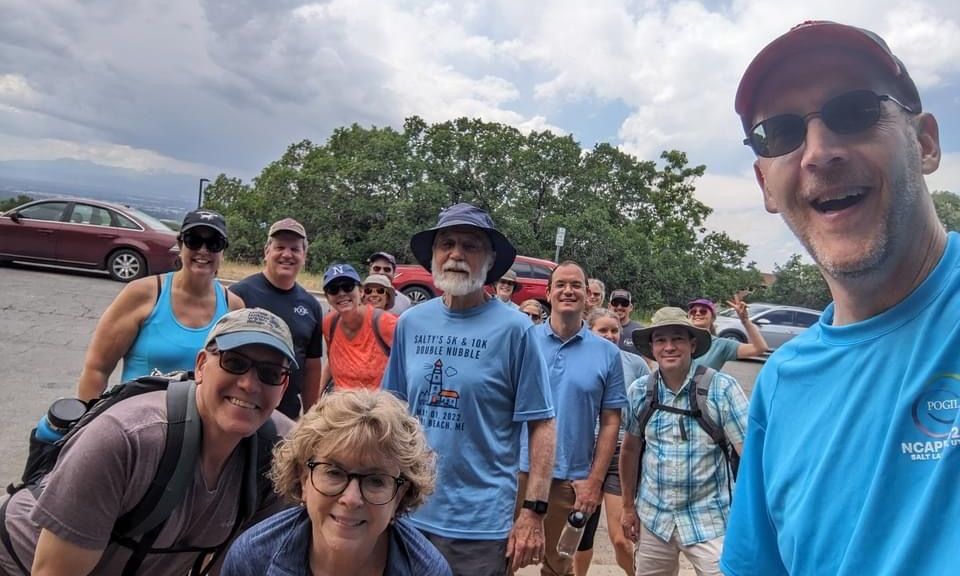
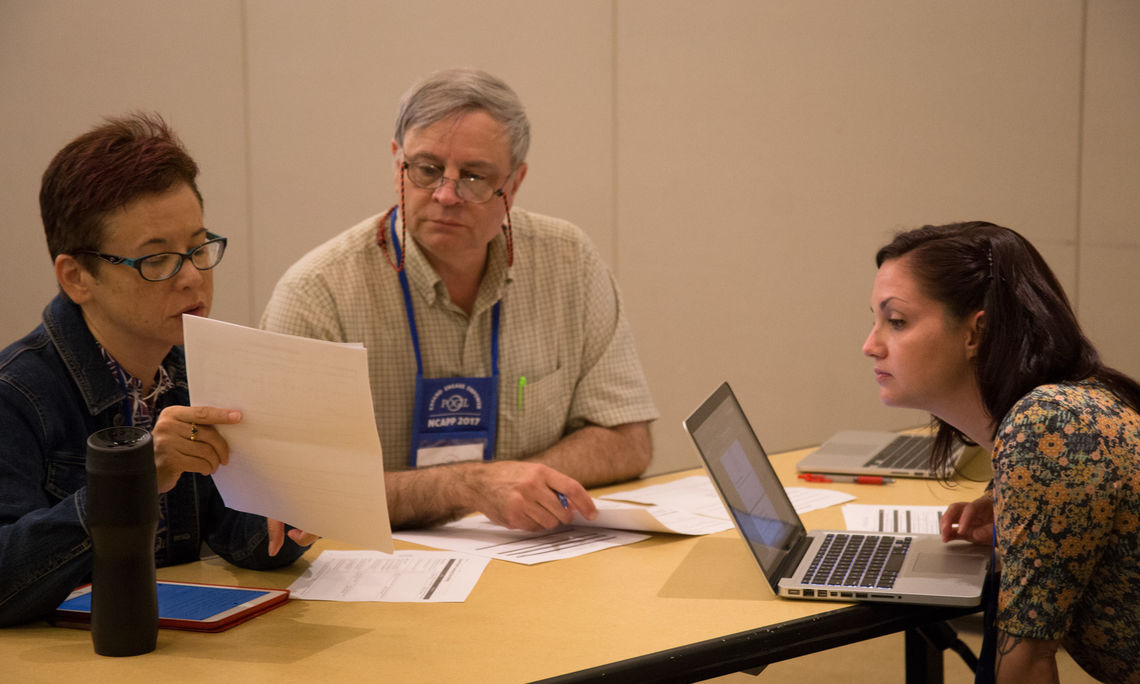
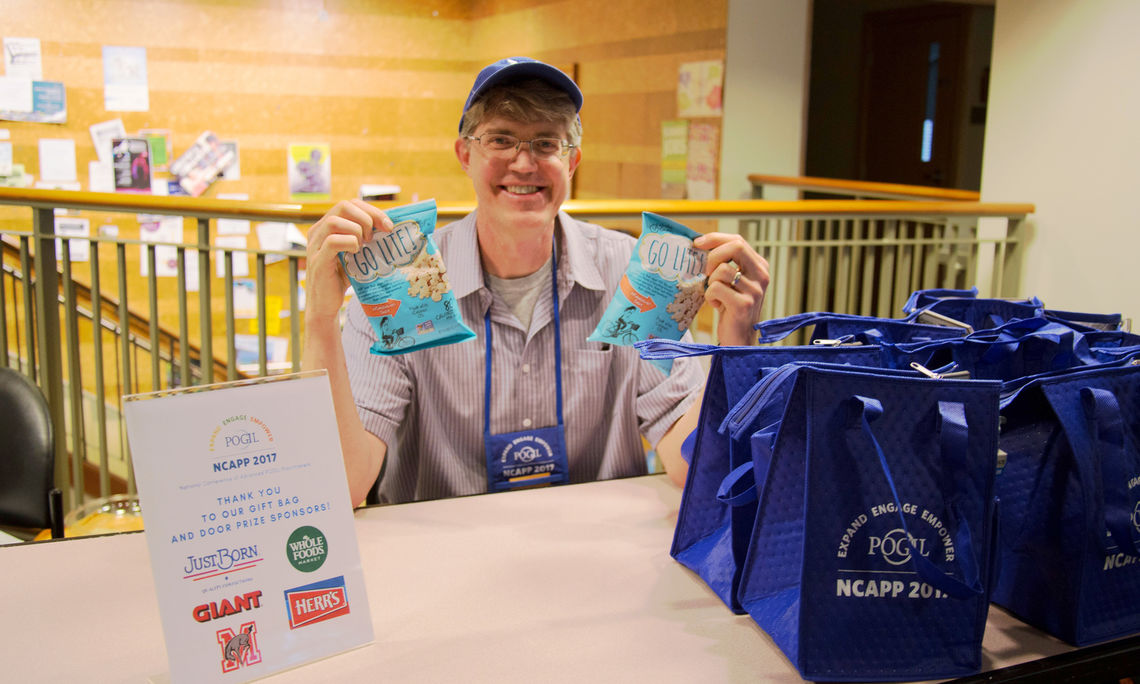
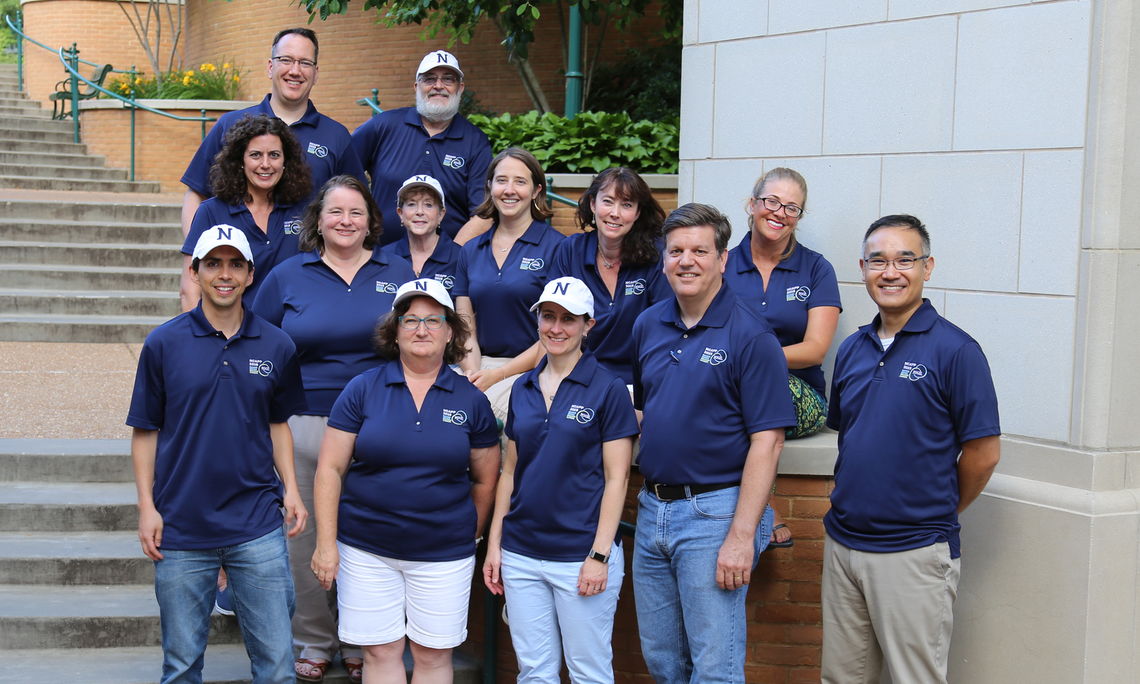
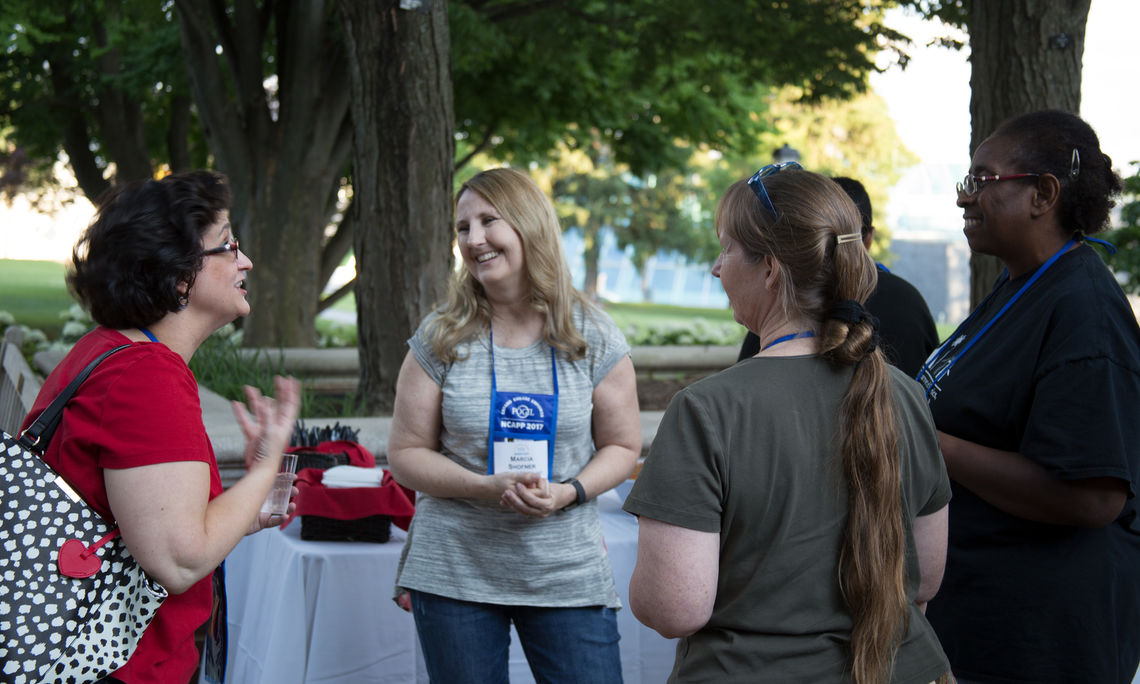
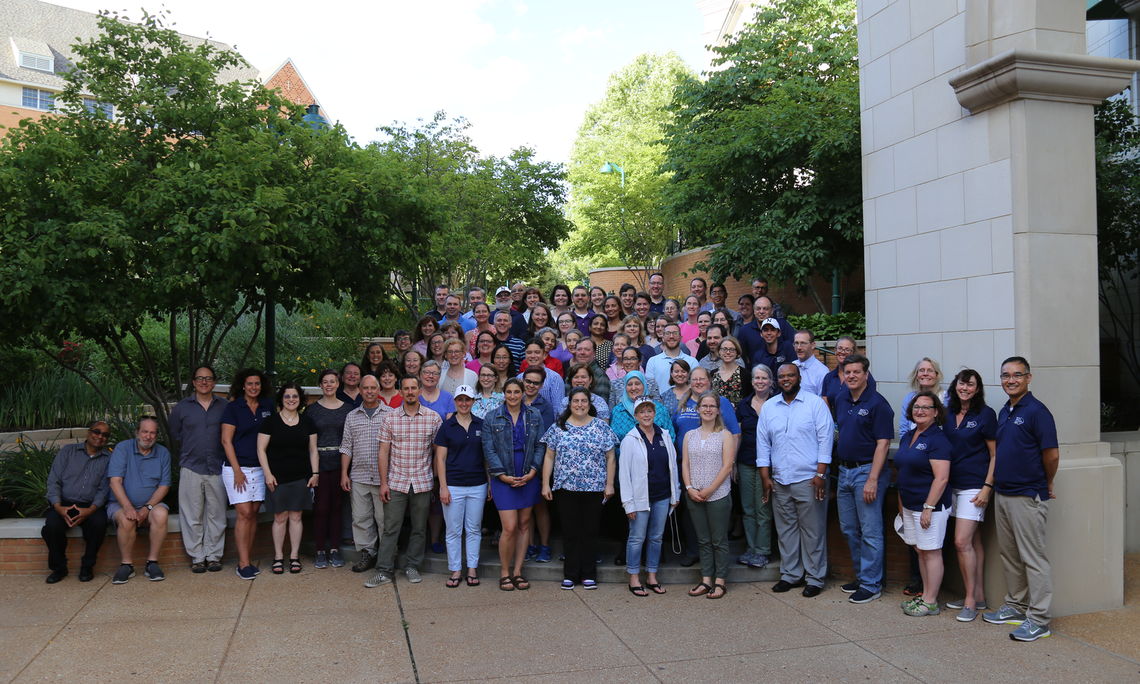
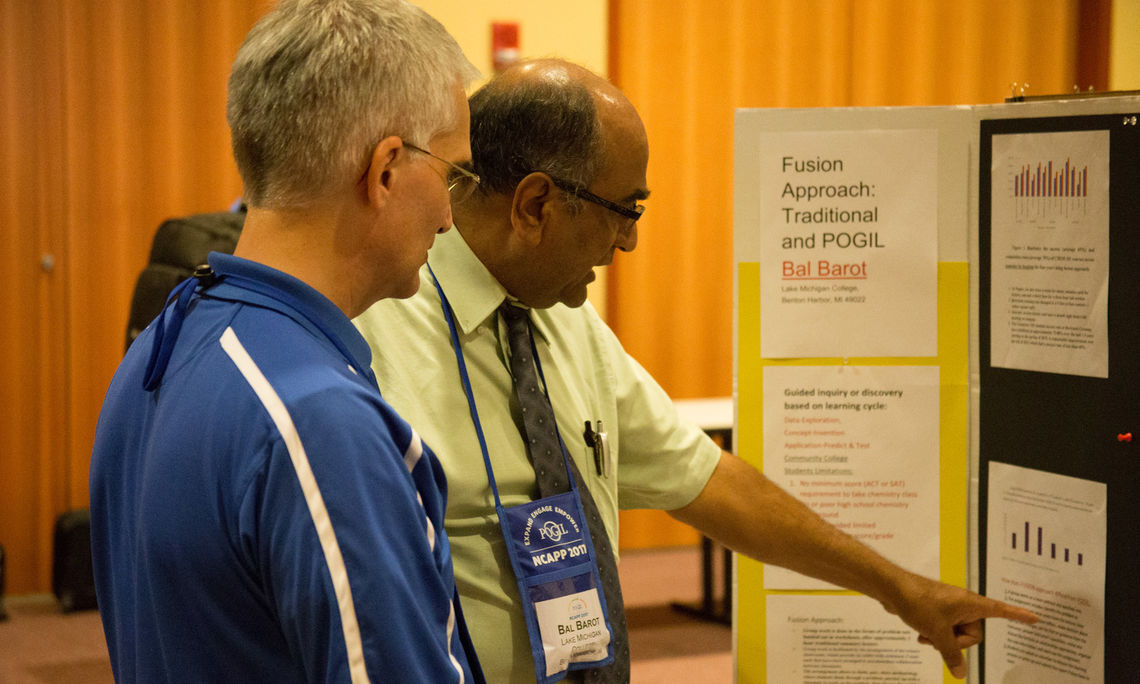
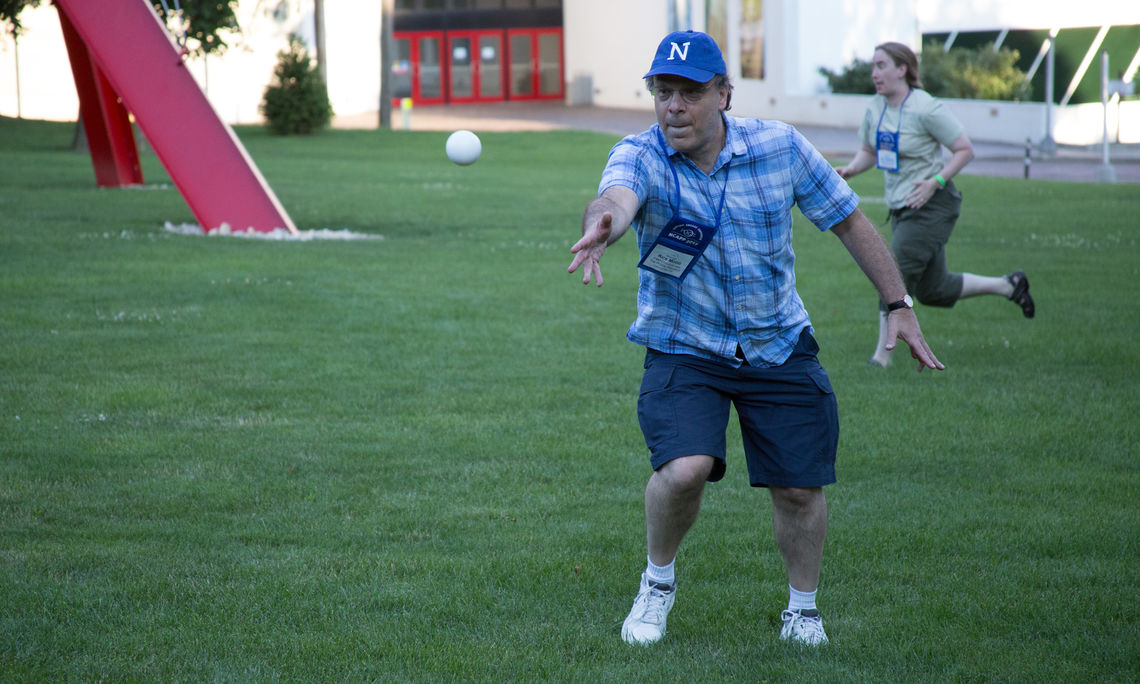
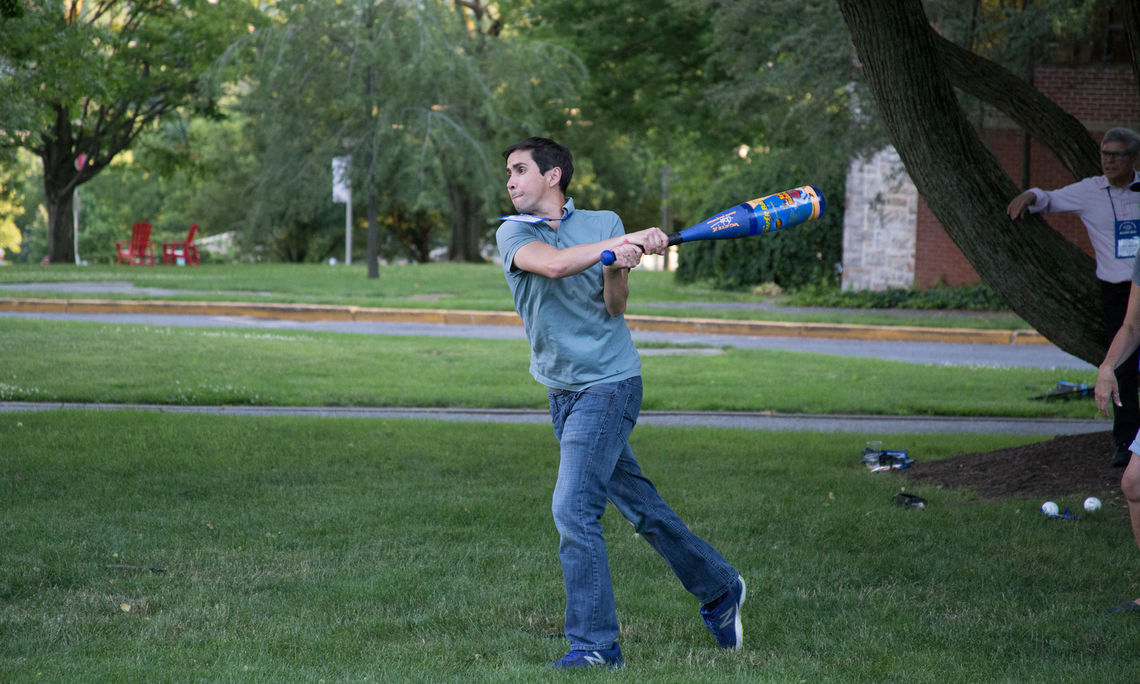
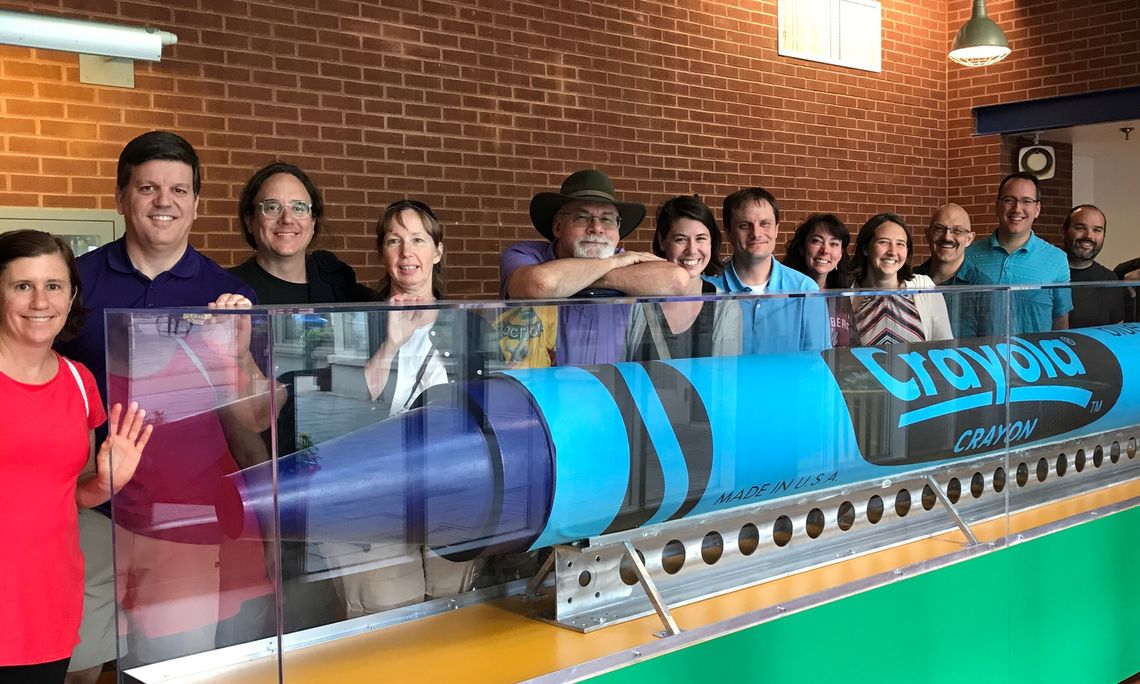
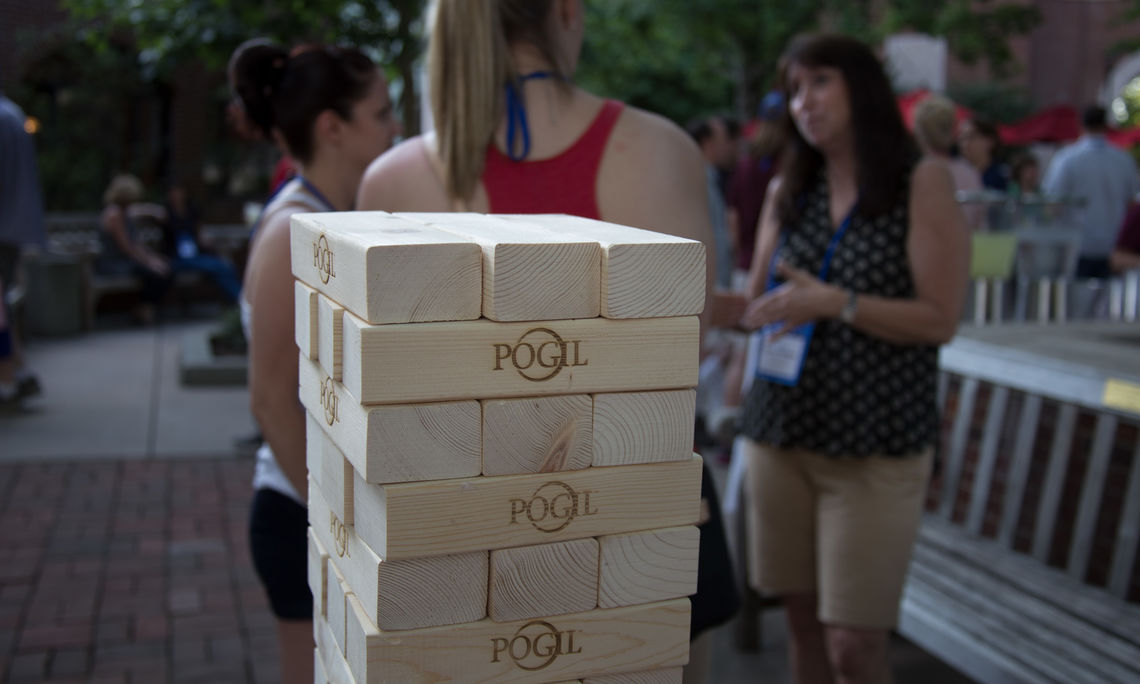
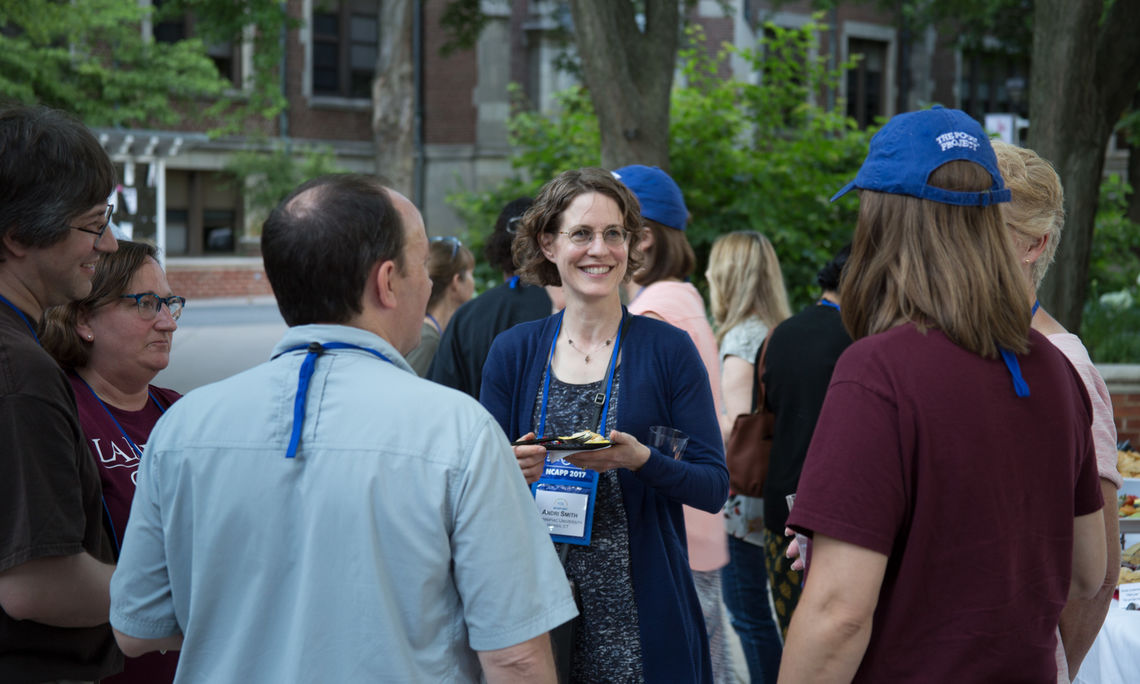
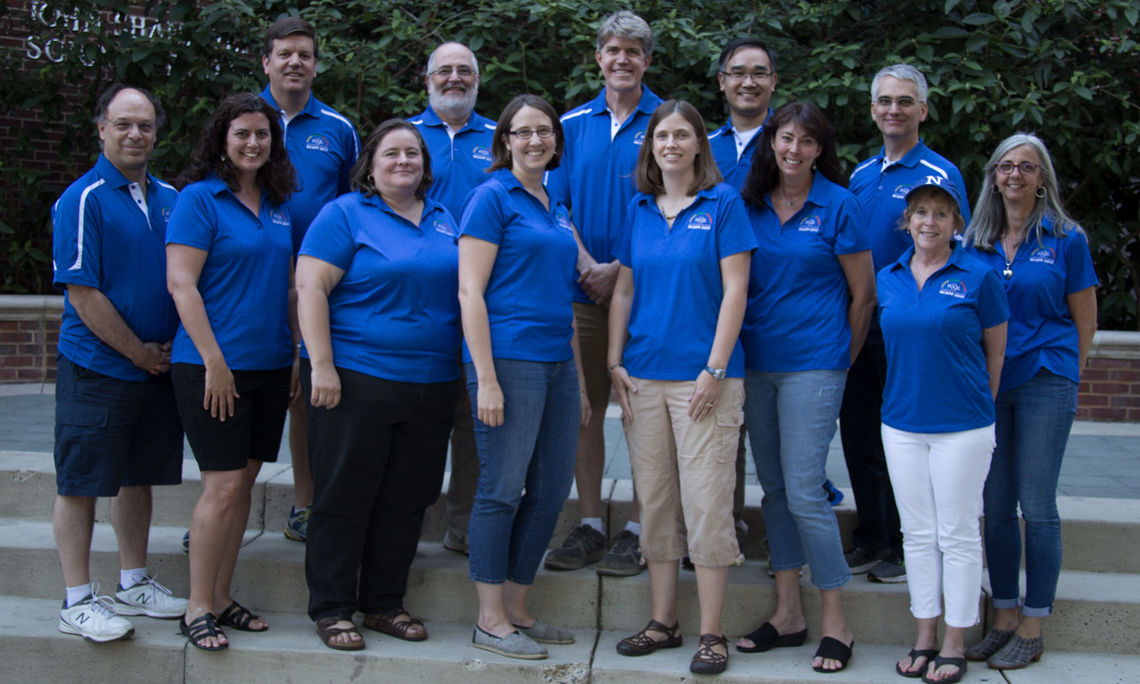
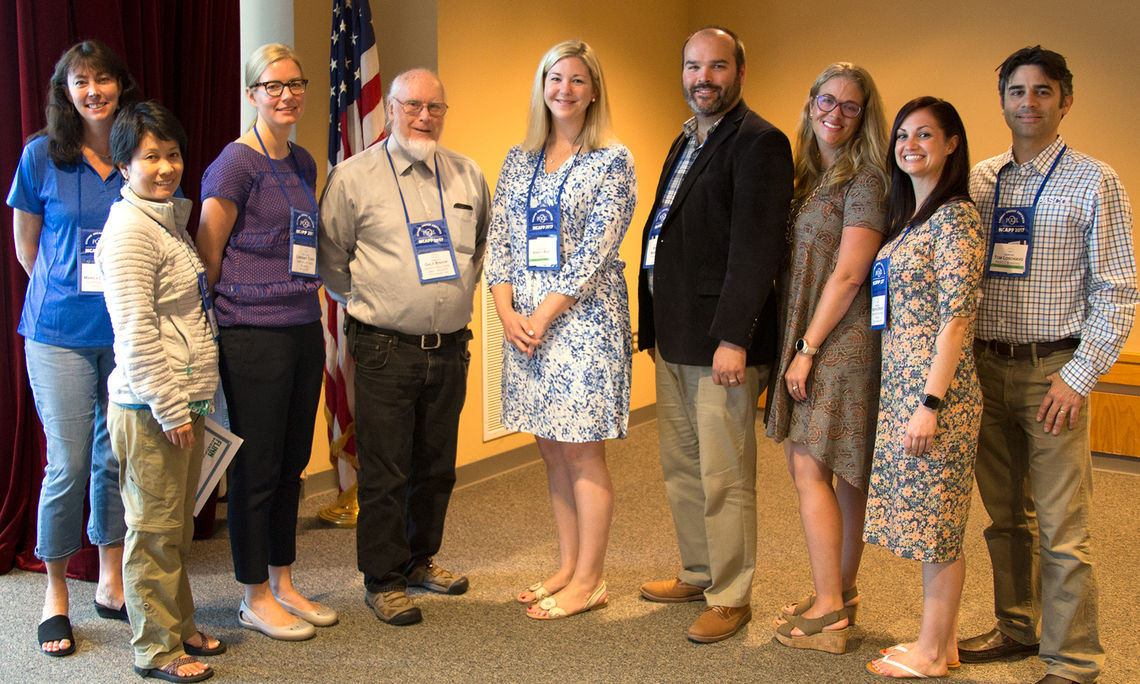
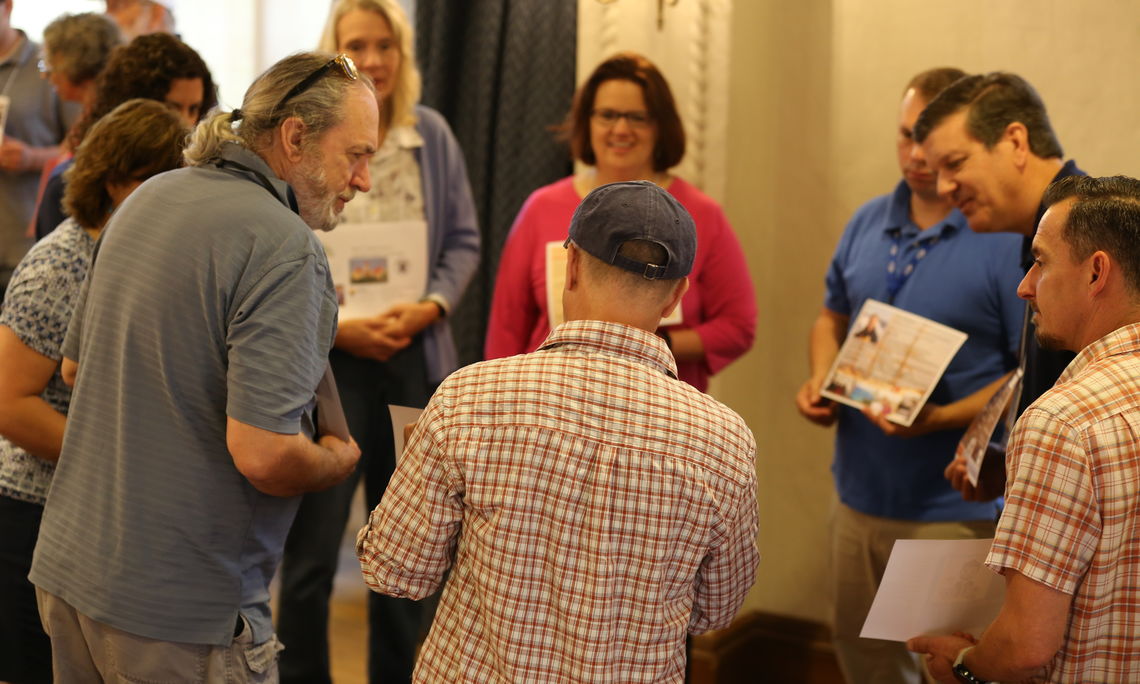
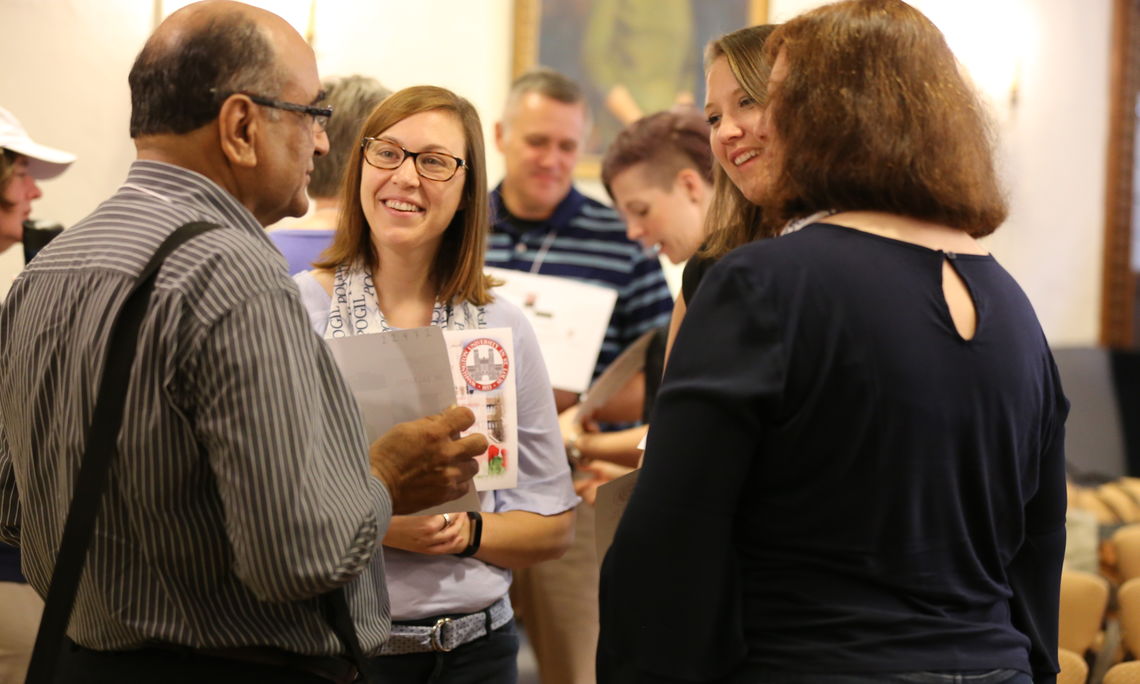
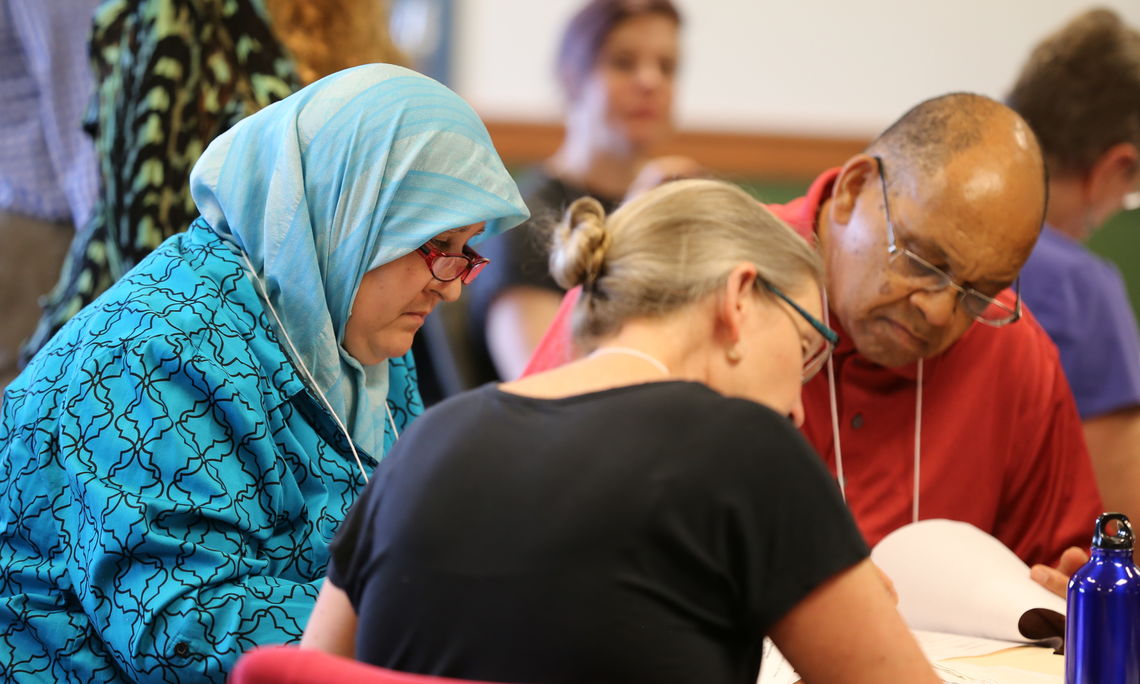
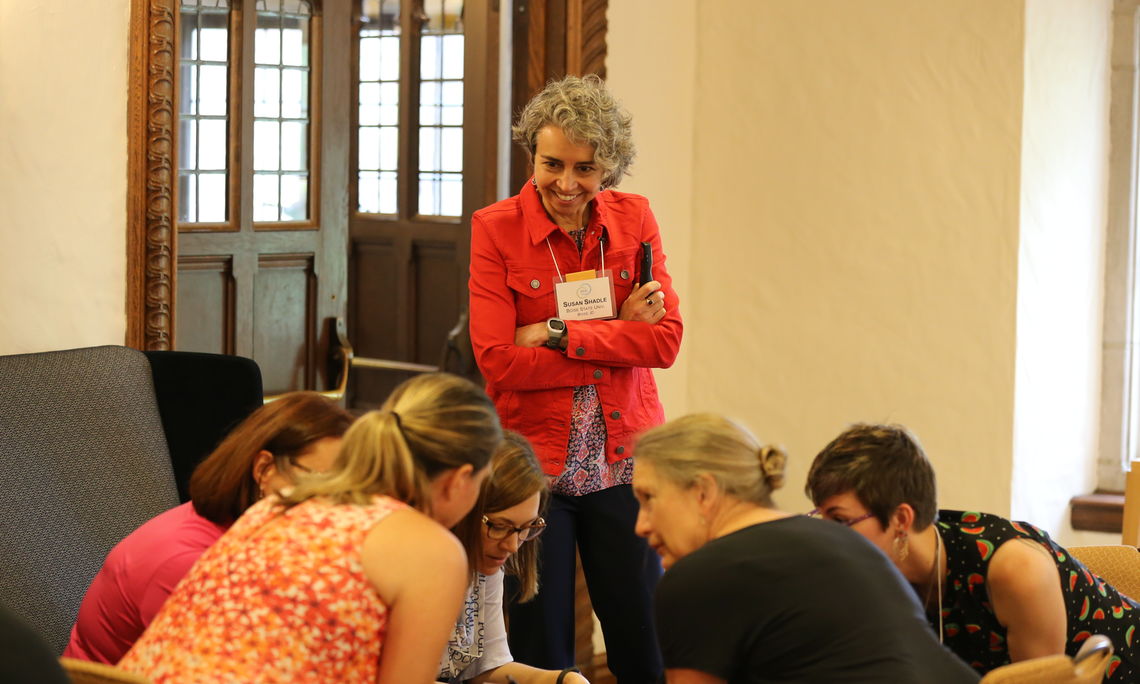
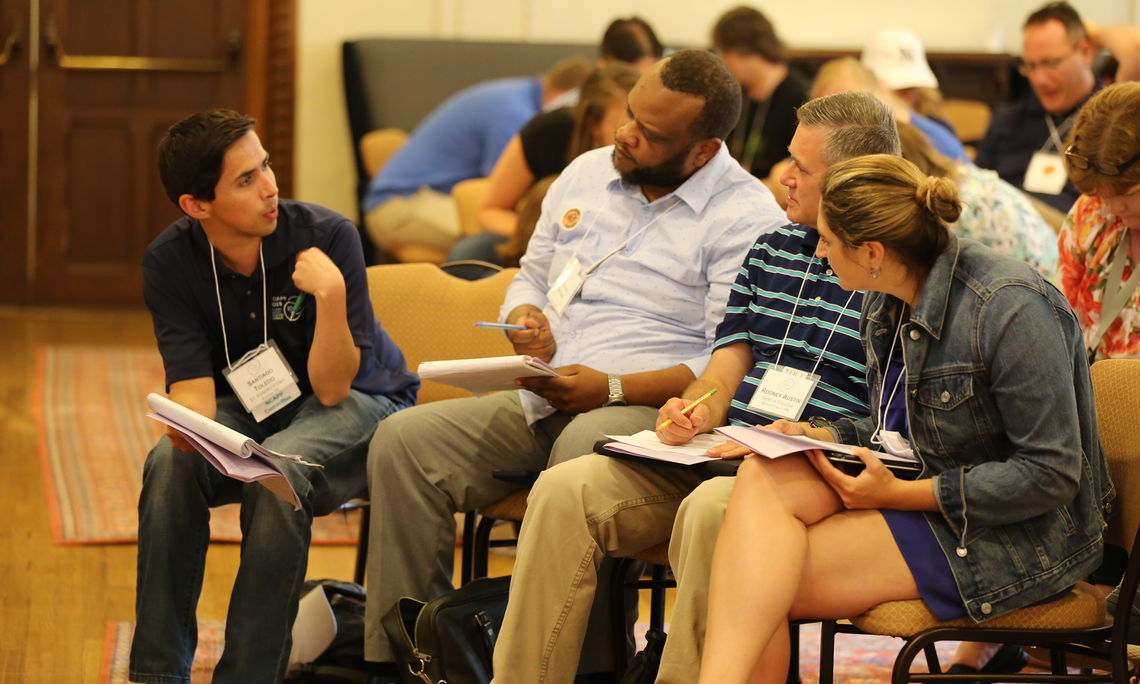
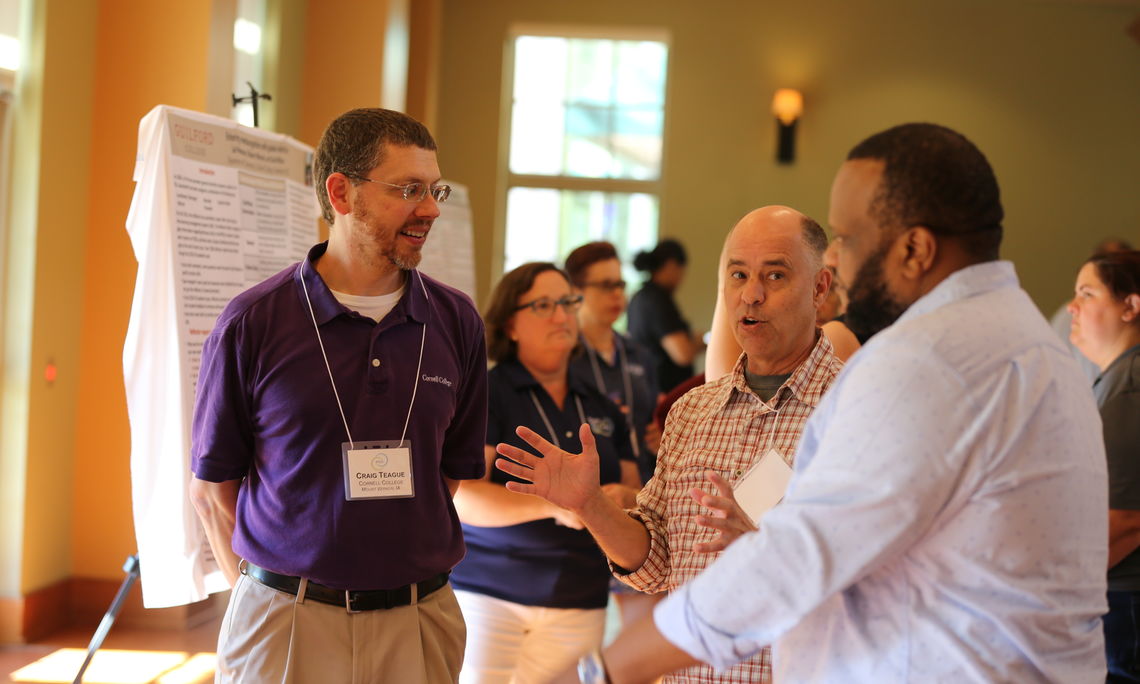
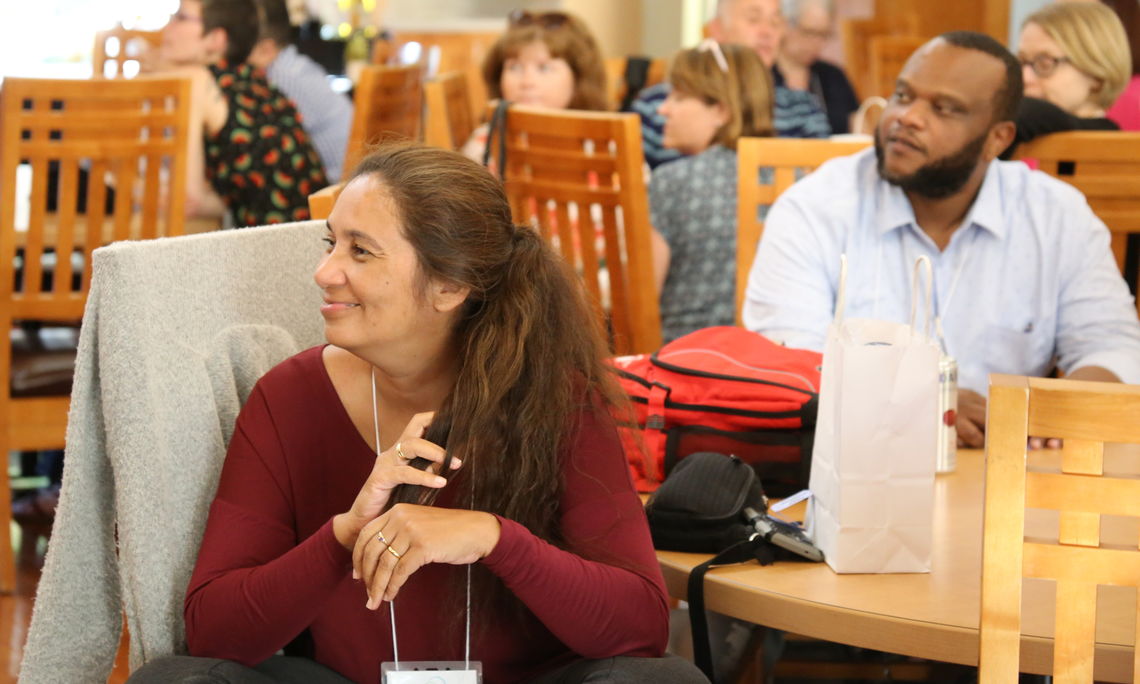
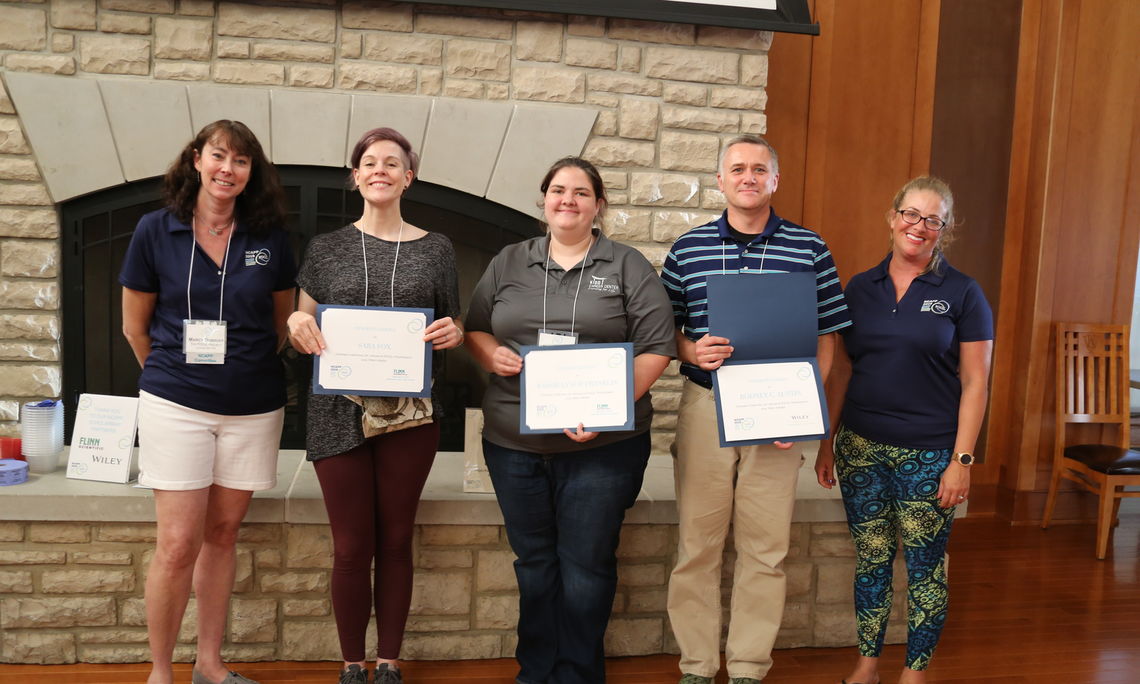
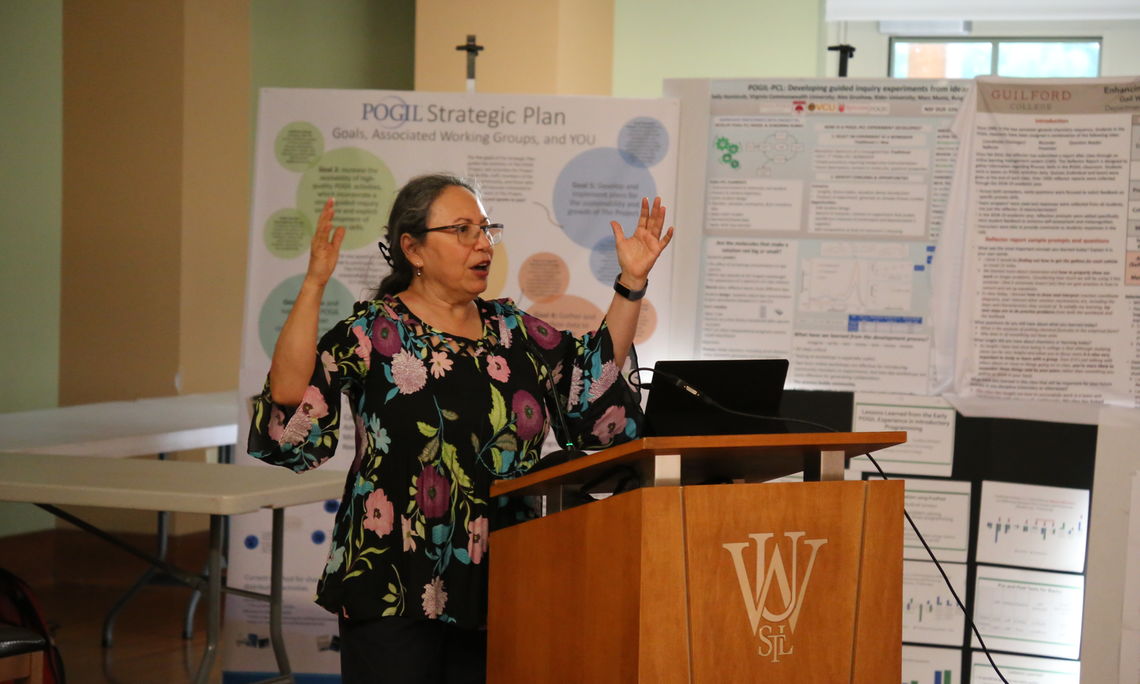

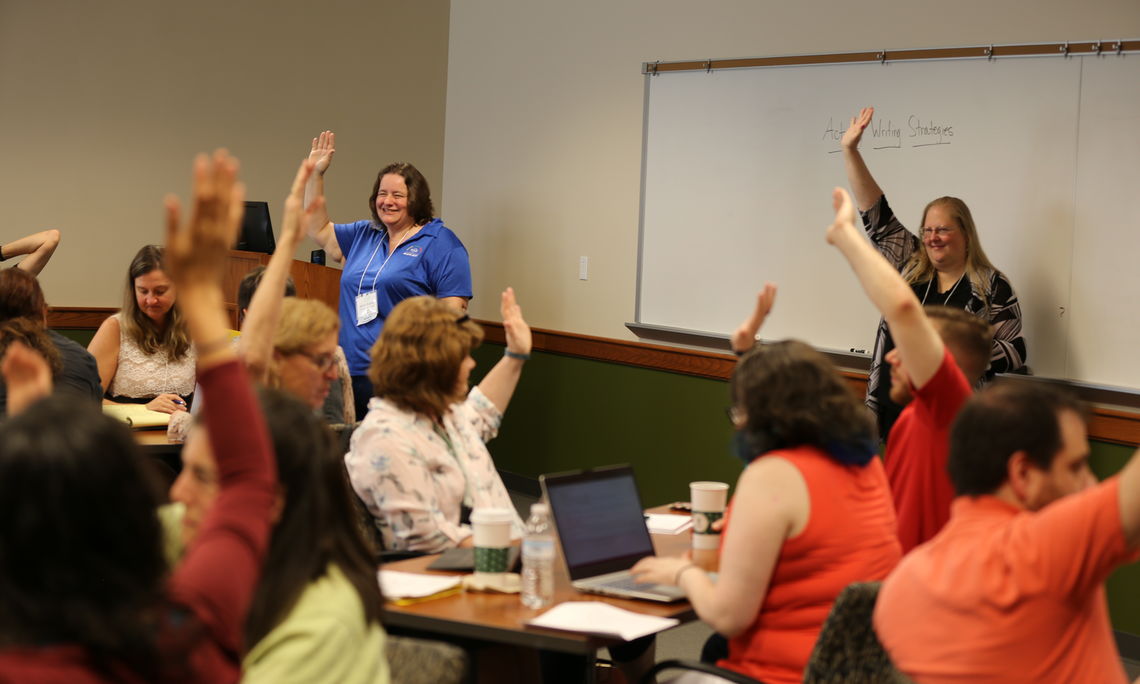
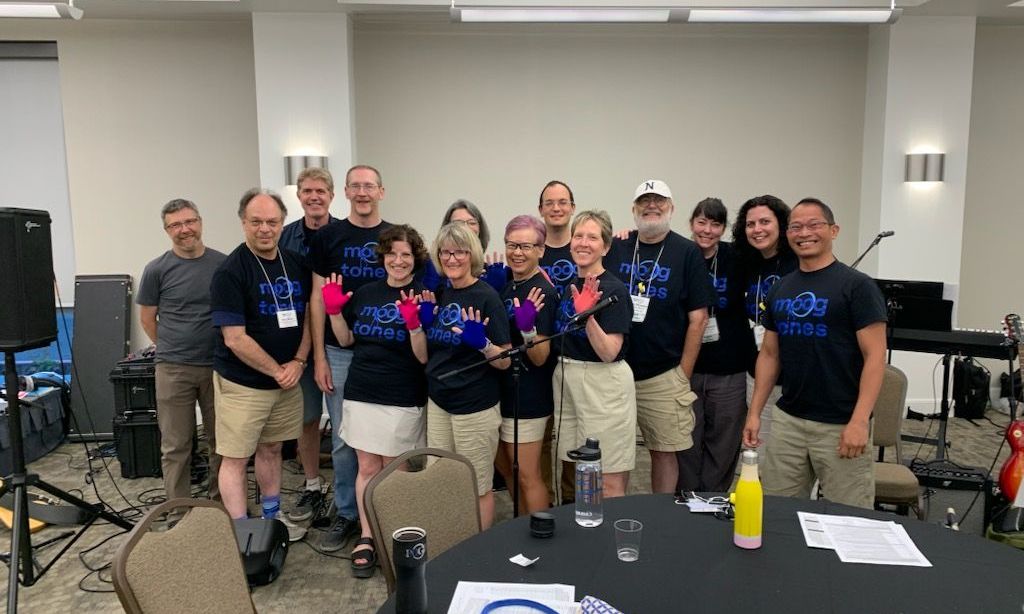
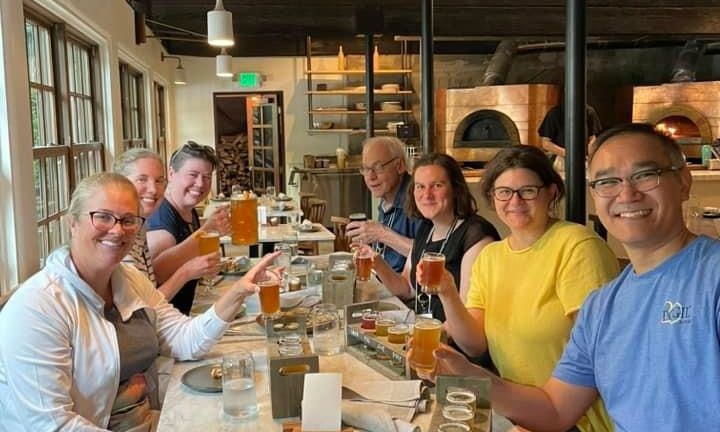
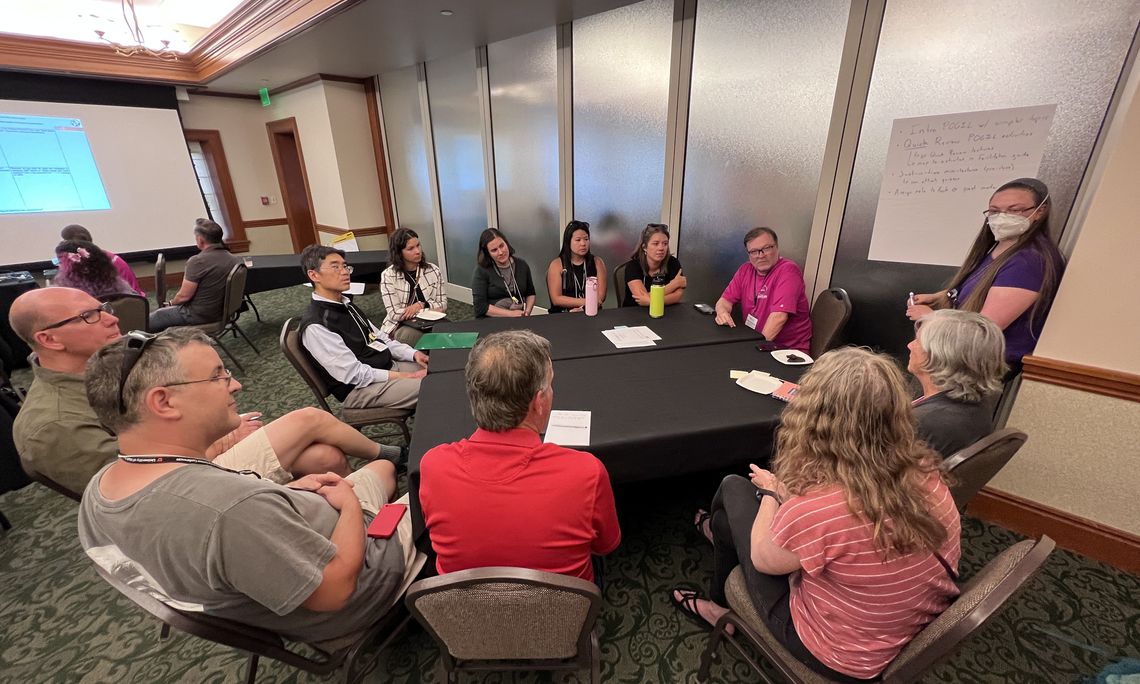
NCAPP 2025: June 22-25, 2025
We hope you'll join us for the 2025 POGIL NCAPP and inspire us with your ideas, expertise, and experience. Together, we will improve, enhance, and transform education for students everywhere.
NCAPP 2025 Promo
NCAPP Application
Attendance at the National Conference to Advance POGIL Practice is by application. All conference participants actively contribute to the planned program. Therefore, in addition to basic information about you and your POGIL experience, the application provides opportunities for you to summarize any work you would like to present in any of the various types of sessions. Applicants invited to attend the conference are also notified of accepted presentations.
Applications for 2025 NCAPP are now being accepted.
APPLY HERE
Preview the NCAPP application here
About the NCAPP Application
Who Should Apply?
We encourage applications from POGIL practitioners who have previously completed a Fundamentals of POGIL workshop or a 3-day POGIL workshop or who have substantial experience implementing POGIL in their classrooms or laboratories. NCAPP is not an introduction to POGIL pedagogy, so we recommend novices start by attending a Fundamentals of POGIL workshop before applying to attend NCAPP. All conference participants should expect to contribute or actively participate in the program.
Application Timeline (2024-25)
- Mid-November ~ The call for applications is sent out to our database of POGIL users and is also available on our website.
- December 31 ~ Priority consideration deadline
- January 31 ~ Applicants who applied by December 31 are notified of an acceptance decision.
Applications are reviewed on a rolling basis until the conference has reached maximum attendance.
Conference Details and Agenda
Conference Details
The next NCAPP will take place June 22-25, 2025 at Emory University, Atlanta, GA. Registration will be $825, and on-campus housing (3 nights) will be $175. Limited scholarships are available for NCAPP attendance.
Conference Schedule
The conference schedule is largely dependent on the accepted applicants and the types of sessions they are interested in participating in and/or presenting. The conference schedule for 2025 NCAPP will be a work in progress through the spring of 2025. If you'd like a feel for the overall types and balance of sessions, check out our tentative agenda below as an example.
Learn More about NCAPP
Resources to Learn More
Our Podcast: We preview NCAPP 2025 on a recent POGIL Podcast featuring chairs Wayne Pearson and Kristi Deaver.
The NCAPP Brochure: Find out everything you need to know about our upcoming event with our 2025 NCAPP Brochure linked below.
Plenary Speakers
The plenary speakers for 2025 NCAPP will be :
- Ellen Iverson, SERC
- Jayne Sommers, University of St. Thomas
Activity Testing
Help expand POGIL to new disciplines. Experience–as a student–how POGIL is applied in new subject areas for which endorsed POGIL resources don’t currently exist. The activity will be supplied by The POGIL Project and facilitated by a practitioner who is familiar with the activity. This is an opportunity to classroom-test a new activity in an area where few reviewers are available for classroom testing. Activity testing is an important part of an activity’s journey from an initial idea to a PAC- approved POGIL activity. As part of the PAC process, an activity must undergo testing by multiple instructors in classroom settings. Activity testing at NCAPP can serve as one instance of classroom testing.
What does a classroom testing session look like? In this 90-minute session, participants serve as students and work through an activity that requires classroom testing as part of a PAC submission. This session at NCAPP provides a service to the authors and the PAC in evaluating activities. A facilitator who is familiar with the activity will guide the students through the completion of the activity. A discussion period will follow so the facilitator and students can provide feedback to the author and the PAC.
Activity Writing
Take some time to perfect your writing skills with our Activity Writing sessions. Participants can choose to attend any or all of these non-sequential, stand-alone sessions.
- Best Practices: an accelerated review of best practices related to activity writing, including activity structure, constructing robust models, writing quality learning objectives, developing process skills, and incorporating DEIB principles.
- Author Coaching: one-on-one coaching with an experienced author using an activity the participant is currently writing. Draft activities should be submitted in advance.
- PAC Activity Feedback: Guidance and encouragement for submission of draft activities to the POGIL Activity Clearinghouse (PAC). This session is limited to those who have previously completed a Collaborative Feedback Training session through the PAC (Limited slots available)
Birds of Feather
Step into Birds of a Feather (BoF) sessions—a space where like-minded individuals gather for informal yet powerful discussions on shared interests. Unlike traditional presentations, BoF sessions are all about connection and collaboration. As a facilitator, you won’t be presenting—you’ll be guiding lively conversations where everyone gets to chime in. These sessions focus on active participation, building networks, and exploring fresh ideas among smaller, engaged groups. With no formal structure, the emphasis is on interaction, allowing participants to dive into multiple topics that matter most to their specific communities. Unlike Round Tables, BoFs cater to a range of topics relevant to a particular group, making them a unique opportunity to connect, exchange ideas, and build lasting professional relationships. Get ready to bring your thoughts and questions—this is your chance to engage and expand your network in an open, collaborative environment! Birds of a Feather sessions differ from Roundtables in that they have a number of topics that are of interest to a particular group of practitioners.
What does a Birds of a Feather Session look like? At the beginning of the session, the facilitator will welcome attendees and ask everyone to introduce themselves and to note their interest in the topic. The facilitator will likely pose a thought-provoking question or challenge, and from there, those in attendance will be encouraged to share and discuss, to network, and to learn from one another. It is a 'meeting of the minds' and the time together will be whatever you make of it.
Click Here for an exemplar description of a BoF
Facilitation Fishbowls
Work on those facilitation skills! Facilitation fishbowls are 45-minute classroom simulations in which the presenter will facilitate an activity of their choice for 20 minutes. Conference attendees participate as either as an activity facilitator, student, or observer. The presenter will be selected through the application process. These sessions are designed to assist both presenter and participants in improving facilitation skills. This experience provides participants with a number of different perspectives on which to reflect, including how different strategies impact the effectiveness of POGIL activities.
What does a fishbowl session look like? At least one month before the conference, fishbowl presenters will complete a Fishbowl Activity Form and submit their activity. This includes information about the intended student population, place in the curriculum, and prerequisite knowledge along with one clearly stated content goal and one clearly stated process skill goal that can be achieved by “students” within 20 minutes. The process skill area (such as teamwork, management, assessment, communication, etc.) should be indicated in a parenthetical at the end of the goal. Facilitation Fishbowls are not intended to provide feedback on a classroom activity. At the start of the session, a moderator will set up the fishbowl, separating the participants into fish (“students” who will work on the activity in teams) and observers. For the first half of the 45-minute session, the presenter will conduct an activity as they would with regular students, with attendees acting as students and observers. Afterward, the moderator will lead a discussion about the strengths of the facilitation, areas for improving facilitation, and insights from the attendees about general POGIL facilitation strategies.
Click Here for an exemplar description of a Facilitation Fishbowl
Informal Networking
This time is designed to provide participants with a chance to network and work on collaborative projects in a variety of settings. These sessions provide an opportunity to expand your network and develop new collaborations and projects in an informal setting. If you have an idea for a breakout session during informal networking, do a bit of research and communicate with the POGIL National Office before the conference so you can take the lead in heading up the session.
Poster
A great way to present your ideas during a lively and interactive session. Participant posters showcase the depth and breadth of work in the POGIL community and you will want to continue the conversations even after the session has ended! Report results, share findings, and gather feedback on your work. Poster abstracts should detail the focus of the presentation and the way(s) in which it contributes to the body of knowledge. The POGIL Project provides 36” x 48” tri-fold display boards and pins for posters while presenters provide all items to be attached to the boards.
What does a poster session look like? All posters are presented during one of the conference’s poster sessions. Posters are presented on tri-fold display boards placed on tables or easels throughout the room. Poster presenters stand beside their posters and discuss their work with attendees one-to-one or in small groups. Most attendees meander through the posters, stopping to review or discuss those that pique their interest. Some poster presenters supplement their posters with a handout that summarizes their work and provides contact information for further follow up.
Click Here for an exemplar description of a Poster
Professional Development Workshops
Immerse yourself in workshops presented by trained facilitators selected by The POGIL Project. Instructors from both high schools and colleges/universities will gain new insights into teaching and learning and get a deeper understanding of subjects that will impact and improve their practice.
What does a professional development workshop look like? Professional Development Workshops are 90 minutes in length. Participants work together in small groups on facilitated activities designed for interactive learning. Participants often receive take-home materials and have an opportunity to interact with the facilitator and their peers.
Roundtables
Dive into engaging 45-minute roundtables designed for dynamic discussions and meaningful connections! After a brief 5-15 minute presentation, you’ll jump into 30-40 minutes of in-depth conversation fueled by targeted questions. These flexible sessions are perfect for exploring topics like classroom strategies, research feedback, and group dynamics while exchanging ideas with peers who share your interests. Unlike Birds of a Feather (BoF) sessions, roundtables focus on a single, impactful topic, making them ideal for gaining tailored insights and fostering collaboration. Bring your ideas, and be ready for an interactive experience! Your abstract should detail the focus of the presentation. Roundtables differ from the Birds of a Feather (BoF) sessions in that they focus on a single topic that could be of interest to any practitioner.
What does a roundtable session look like? The session begins with a 5- to 15-minute presentation. Each presenter will be supported by a moderator to include an extended discussion component with ample time for questions. Most roundtable presenters provide supplemental materials illustrating their work. Roundtables are excellent venues for providing demonstrations of techniques, getting targeted feedback, engaging in in-depth discussions, and meeting colleagues with similar interests. While your attendees may be eager with questions, it is useful to have one or two prepared questions at the ready that you can use, if needed, to stimulate the discussion.
Click Here for an exemplar description of a Roundtable
Thank You
A special thank you to our returning NCAPP Scholarship Partner Flinn Scientific. As a Scholarship Partner, Flinn is making it possible for several teachers to attend NCAPP this summer. We are grateful to have our key publishing partner as a sponsor and supporter of NCAPP, and as an integral part of the POGIL community.
